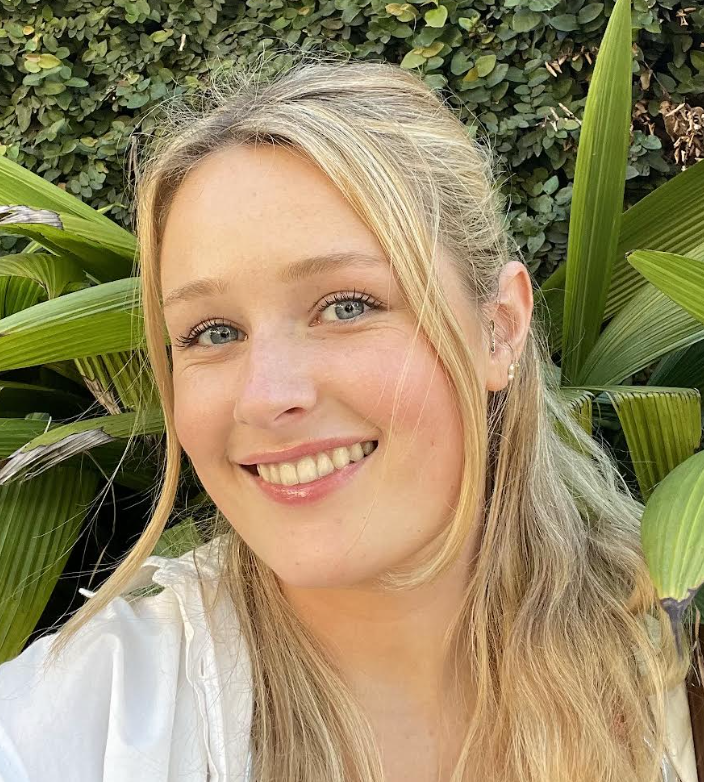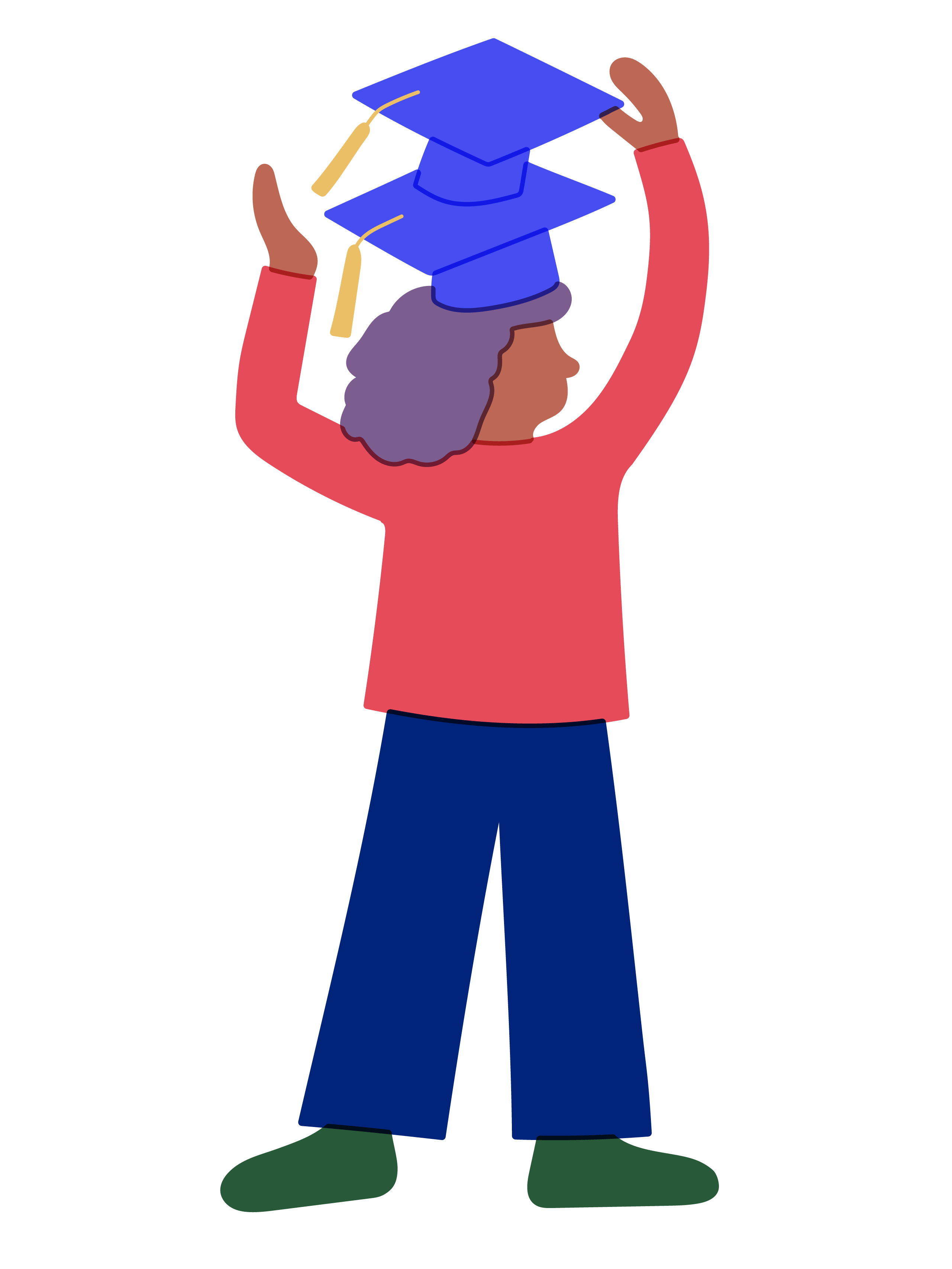Embarking on a PhD journey is both exciting and challenging. One of the most crucial steps in this journey is defining a research question. A well-chosen research question not only guides the work but also lays the foundation for a future career. However, finding the right question is not always straightforward.
This guide provides actionable steps to help students identify gaps in the literature, align their interests with those of their advisor, and leverage collaborations to refine their research question.
Understanding the Landscape: Beyond the Abstracts
The first step in finding a research question is to thoroughly explore the existing literature. This involves conducting a systematic review of recent papers in the field, paying close attention to the methods and discussions sections where authors often highlight limitations or suggest areas for further research.
Actionable Tip: Use a thematic analysis chart to categorize the literature into major themes and sub-themes. This method helps identify which areas are heavily researched and which are still under-explored, guiding you toward a focused research question.
Identifying Gaps: Asking the Right Questions
As you sift through the literature, the goal should be to pinpoint areas that are under-explored or inconsistently addressed. Instead of simply listing potential gaps, ask yourself:
- Why has this area been under-explored?
- Is there a methodological reason this question hasn’t been answered yet?
- What resources would be needed to tackle this question?
Actionable Tip: Create a "gap tracker" document. As you review each paper, specifically note any limitations or suggestions for future research. Over time, patterns may emerge, helping you identify consistent gaps that could inform your research question.
Balancing Specificity with Impact: Striking the Right Balance
Finding the right balance between ambition and feasibility is crucial. A question that is too broad can lead to an unfocused project, while one that is too narrow might not provide enough substance for a full PhD thesis. Consider the resources available, the timeframe of your project, and the potential impact of your research.
Actionable Tip: Apply the SMART criteria (Specific, Measurable, Achievable, Relevant, Time bound) to evaluate your research question (Doran 1981). This ensures it is well-balanced and feasible:
- Specific: Clearly define the focus and scope of your question.
- Measurable: Ensure that the outcomes or variables can be quantified or assessed.
- Achievable: Make sure the question is realistic given your available resources and time.
- Relevant: The question should address a significant issue in your field.
- Time-bound: Ensure the question can be answered within the timeframe of your PhD program.
Remaining Flexible: Adapting to New Insights
Be prepared to refine your question as you gather more information. Research questions often evolve as you gain a deeper understanding of the literature and the practicalities of your research. Flexibility is key to keeping your research relevant and manageable.
Actionable Tip: Set aside time each week to review new publications that may impact or refine your research question, ensuring that your work remains current and adaptable.
Advisor Alignment and the Role of Grants
An advisor plays a key role in a PhD journey, providing guidance, expertise, and often, access to crucial funding. Review your advisor’s recent publications and funded projects to identify areas where your research question could align with their work. This ensures your question is feasible and supported.
Actionable Tip: Schedule a dedicated meeting with your advisor to discuss potential research questions. Bring well-thought-out ideas that align with their current projects, showing initiative and making it easier for your advisor to provide guidance.
Leveraging Collaborations: Expanding the Network
If your advisor’s expertise doesn’t directly match your research question, their professional network can be invaluable. Building your own network of collaborators is essential and can start by attending conferences, joining professional organizations, and engaging with researchers in related fields.
Actionable Tip: Attend conferences, seminars, and online talks related to your field. Introduce yourself, ask insightful questions, and follow up with personalized emails to potential collaborators. This proactive approach helps build valuable professional relationships.
Considering the Bigger Picture: Positioning the Research
As you refine your research question, consider its broader implications. Will your work contribute primarily to academic knowledge, or could it have applications in industry? Understanding the potential impact of your research can help position your work for future opportunities, whether in academia or beyond.
Actionable Tip: Identify potential end-users of your research, such as policymakers or industry professionals. Consider how your research question can be tailored to address their needs, ensuring that your findings are applicable in real-world contexts.
Finding and refining your research question is a crucial step in your grad school journey. By identifying gaps in the literature, aligning with your advisor’s interests, and leveraging collaborations, you can develop a question that not only advances your field but also sets you up for a successful academic or professional career. Remember, this process takes time, and it’s okay to revise your question as you delve deeper into your research. Stay curious, stay focused, and let your passion for discovery guide you.
Work Cited
Doran, George T. "There's a SMART way to write managements’s goals and objectives." Management review 70.11 (1981).


Comments